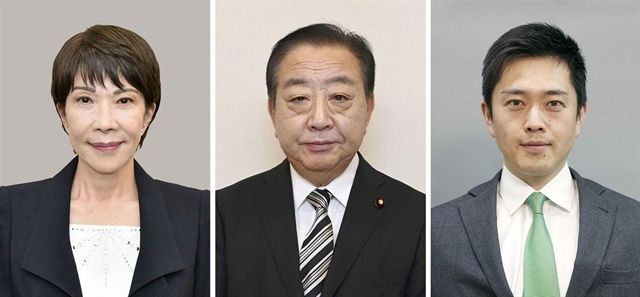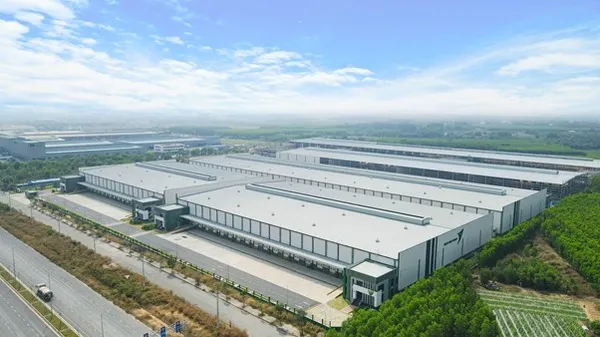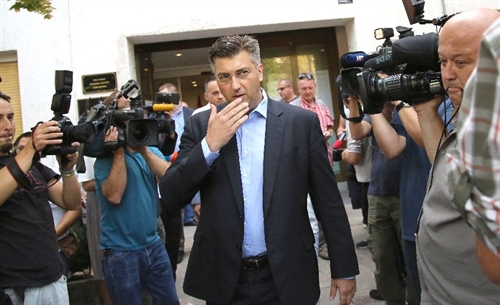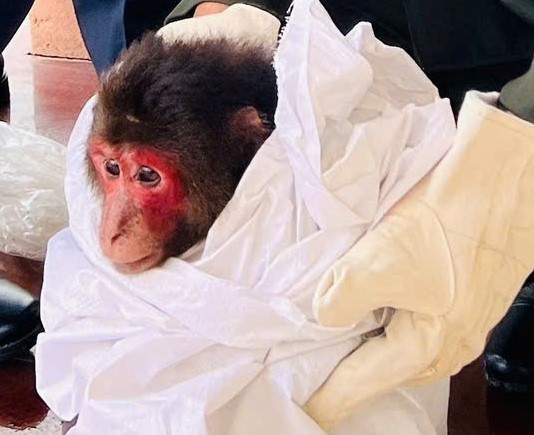 World
World

Croatia’s main conservative party looked set for victory in the snap election, according to preliminary results, but will likely be forced into another coalition furthering political uncertainty in the EU's newest member.
 |
| Andre Plenkovic, leader of the conservative Croatian Democratic Union leaves a polling station after casting his ballot during voting in general elections in Zagreb. AFP Photo |
ZAGREB – Croatia’s main conservative party looked set for victory in the snap election, according to preliminary results, but will likely be forced into another coalition furthering political uncertainty in the EU’s newest member.
The ballot was the second in less than a year after the previous barely-functioning coalition government led by the conservative HDZ collapsed in June over a conflict of interest scandal after just five months in power.
The HDZ were leading against their centre-left opposition rivals, the Social Democrats (SDP), with 61 seats to 54, according to results released early Monday from more than 80 per cent of polling stations.
The results suggest the HDZ advantage will not be enough to secure an absolute majority in the 151-seat parliament, and HDZ’s former junior government partner, the Most Party ("Bridge" in Croatian), is likely to play kingmaker once again.
The Most Party is set to come third with 12 seats.
Some 3.8 million Croatians were eligible to cast ballots in the election, which comes at a time of economic gloom and strained ties between neighbours in the volatile Balkans.
The previous HDZ-led coalition’s five-month rule was marked by a shift to the right amid a growing climate of intolerance, including attacks on independent media and minorities, notably ethnic Serbs.
Authorities have appeared to turn a blind eye to a far-right surge that has sparked global concern and brought already frosty ties with former enemy Serbia to their lowest level since Croatia’s 1990s independence war.
But the HDZ was aspiring to stay in power with a new and more moderate leader, Andrej Plenkovic.
The 46-year-old former member of the European Parliament has repeatedly pledged to move the party away from populism and extremism to position it in the centre-right.
"I’m certain that we are the party that will have a privilege to form the next stable Croatian government," Plenkovic told supporters early on Monday, as he pledged a "Europe-oriented" government.
But his SDP rival, former prime minister Zoran Milanovic, warned it was too early to call the result.
"We should wait until all votes are counted," he told supporters in Zagreb early on Monday morning.
"Croatia needs a stable government, for the past months we had an unstable and destructive (one)," he added.
Prolonged deadlock
Croatians may have lost enthusiasm for voting a second time in less than a year: by mid-afternoon turnout was some nine points down on November polls.
And the preliminary results suggest they could be facing a similar scenario that which followed the previous vote - prolonged talks on forming a government and potentially another election.
With Plenkovic’s moderate agenda, HDZ could also count on the backing of minorities, notably Serbs.
While Milanovic, 49, pledged a "government of progress and tolerance".
But during campaigning Milanovic sharpened his populist rhetoric after disappointing voters with scant reforms when in power before the ill-fated HDZ coalition took control last November.
He has repeatedly slammed Serbian Prime Minister Aleksandar Vucic over his ultranationalist wartime stance.
The almost year of political deadlock has blocked reforms the former Yugoslav republic badly needs as it emerges from a six-year recession.
The economy, relying heavily on tourism along the country’s Adriatic coast, remains one of the EU’s weakest despite some recent positive indicators attributed to membership of the bloc.
The central bank has forecast growth of 2.3 per cent this year.
Unemployment stands at more than 13 per cent, public debt has reached 85 per cent of GDP, while the investment climate remains poor. – AFP




